XI’AN, China: Digital technologies are reshaping the management of edentulism by streamlining the restorative workflow for complete dentures. Compared with conventional methods, digital techniques offer greater precision, reduced treatment time and improved patient comfort. However, the absence of unified clinical standards has led to inconsistencies in case selection, workflows and treatment evaluation. In response, a national panel of prosthodontists and other clinicians in China has issued a consensus document aimed at guiding the effective and consistent use of digital technologies for complete dentures in clinical practice.
The review outlines the clinical advantages of digital dentures, particularly for patients who struggle with physical impressions, have high aesthetic expectations, require faster treatment or present with complex intra-oral conditions. The authors also highlight the benefits for patients in remote areas or with limited mobility, noting that digital clinical workflows enable remote data sharing and reduce the need for multiple clinic visits. Additionally, stored digital data allows for the quick reproduction of lost or damaged dentures, improving continuity of care and offering convenience.
The document provides a comprehensive overview of digital clinical workflows, covering the use of edentulous digital models, facial scanning, occlusal rims, personalised gothic arch tracers and jaw relation recording. It discusses both additive and subtractive manufacturing processes.
The article also offers guidance on managing various clinical scenarios, such as transitioning patients from removable partial dentures to complete dentures and refabricating existing dentures using digital techniques. Importantly, the document addresses the evaluation of digital restorations, offering clinicians insights into assessing the accuracy of digital impressions, denture fit and stability, patient satisfaction, and overall cost-effectiveness.
The authors propose a structured framework for clinical indications, procedural steps and quality control measures, aimed at optimising the clinical application of digital dentures. They note that ongoing advancements in CAD/CAM software, materials and intra-oral scanning technology will further improve outcomes and reduce adoption barriers for clinicians and patients alike. “The integration of artificial intelligence and augmented reality is also anticipated to revolutionise CAD/CAM workflows and enable individualised aesthetic customisation, further enhancing the clinical value of digital complete denture solutions,” the authors wrote.
The review, titled “Expert consensus on digital restoration of complete dentures”, was published online on 30 July 2025 in the International Journal of Oral Science.
Topics:
Tags:
Taking place on 27 June, the Digital Dentistry Symposium 2025 will mark the launch of a new series of online educational events focused on key areas of ...
Implant treatment for full-arch fixed restorations has been around for decades now.1–3 The treatment usually involves four to six implants placed in ...
Once again, the Internatiobnal Dental Show (IDS) is welcoming the global dental industry. As the leading trade fair, it brings innovations, technologies and...
BURNABY, British Columbia, Canada: The US market for overdentures and implant-supported bridges can be broken down into the product categories of ...
LONDON, England: Researchers at King’s College London have recently published details of research which combines biological insights with cutting-edge ...
KUOPIO, Finland: Although oral health is a critical component of overall well-being, it often remains overlooked in public health. Seeking to gain valuable ...
Live webinar
Tue. 24 February 2026
1:00 pm EST (New York)
Prof. Dr. Markus B. Hürzeler
Live webinar
Tue. 24 February 2026
3:00 pm EST (New York)
Prof. Dr. Marcel A. Wainwright DDS, PhD
Live webinar
Wed. 25 February 2026
11:00 am EST (New York)
Prof. Dr. Daniel Edelhoff
Live webinar
Wed. 25 February 2026
1:00 pm EST (New York)
Live webinar
Wed. 25 February 2026
8:00 pm EST (New York)
Live webinar
Tue. 3 March 2026
11:00 am EST (New York)
Dr. Omar Lugo Cirujano Maxilofacial
Live webinar
Tue. 3 March 2026
8:00 pm EST (New York)
Dr. Vasiliki Maseli DDS, MS, EdM



 Austria / Österreich
Austria / Österreich
 Bosnia and Herzegovina / Босна и Херцеговина
Bosnia and Herzegovina / Босна и Херцеговина
 Bulgaria / България
Bulgaria / България
 Croatia / Hrvatska
Croatia / Hrvatska
 Czech Republic & Slovakia / Česká republika & Slovensko
Czech Republic & Slovakia / Česká republika & Slovensko
 France / France
France / France
 Germany / Deutschland
Germany / Deutschland
 Greece / ΕΛΛΑΔΑ
Greece / ΕΛΛΑΔΑ
 Hungary / Hungary
Hungary / Hungary
 Italy / Italia
Italy / Italia
 Netherlands / Nederland
Netherlands / Nederland
 Nordic / Nordic
Nordic / Nordic
 Poland / Polska
Poland / Polska
 Portugal / Portugal
Portugal / Portugal
 Romania & Moldova / România & Moldova
Romania & Moldova / România & Moldova
 Slovenia / Slovenija
Slovenia / Slovenija
 Serbia & Montenegro / Србија и Црна Гора
Serbia & Montenegro / Србија и Црна Гора
 Spain / España
Spain / España
 Switzerland / Schweiz
Switzerland / Schweiz
 Turkey / Türkiye
Turkey / Türkiye
 UK & Ireland / UK & Ireland
UK & Ireland / UK & Ireland
 Brazil / Brasil
Brazil / Brasil
 Canada / Canada
Canada / Canada
 Latin America / Latinoamérica
Latin America / Latinoamérica
 USA / USA
USA / USA
 China / 中国
China / 中国
 India / भारत गणराज्य
India / भारत गणराज्य
 Pakistan / Pākistān
Pakistan / Pākistān
 Vietnam / Việt Nam
Vietnam / Việt Nam
 ASEAN / ASEAN
ASEAN / ASEAN
 Israel / מְדִינַת יִשְׂרָאֵל
Israel / מְדִינַת יִשְׂרָאֵל
 Algeria, Morocco & Tunisia / الجزائر والمغرب وتونس
Algeria, Morocco & Tunisia / الجزائر والمغرب وتونس
 Middle East / Middle East
Middle East / Middle East





















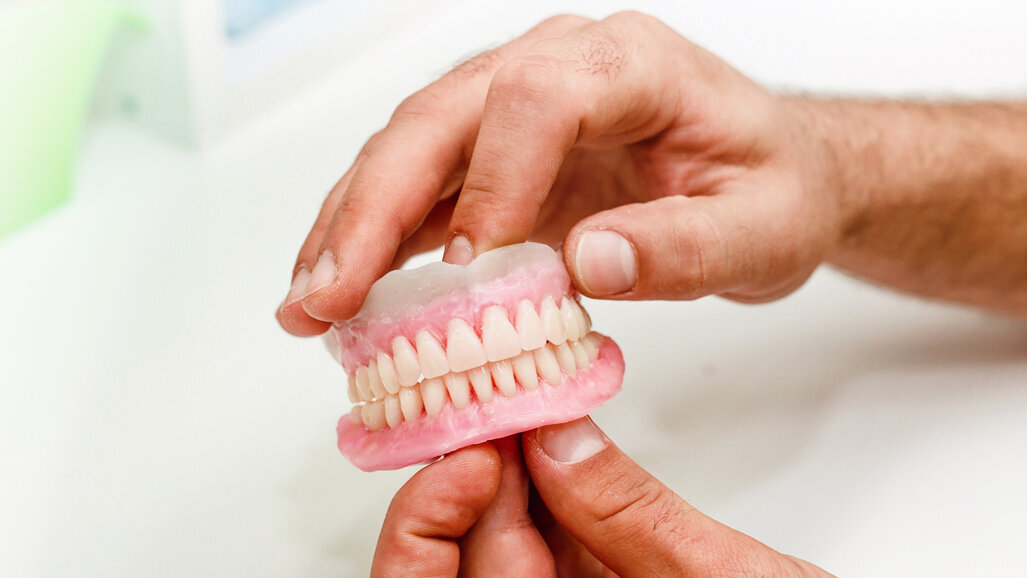



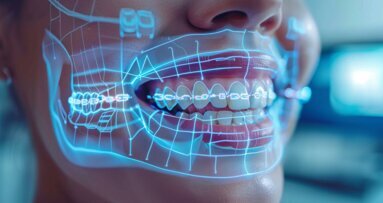
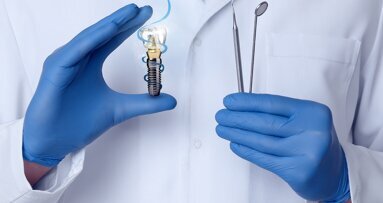
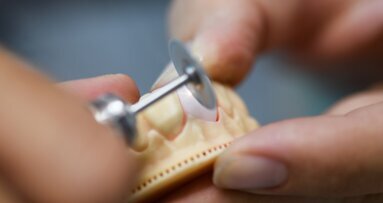
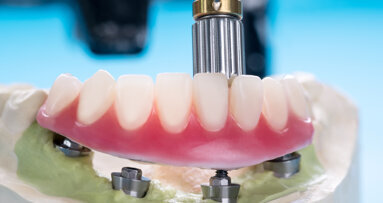











To post a reply please login or register